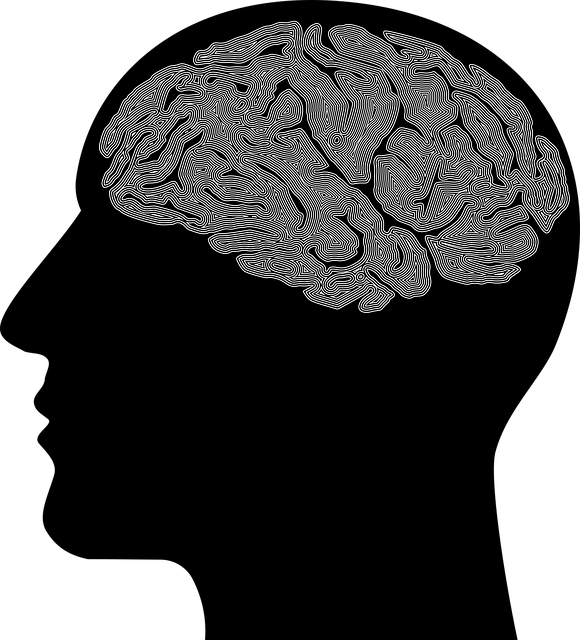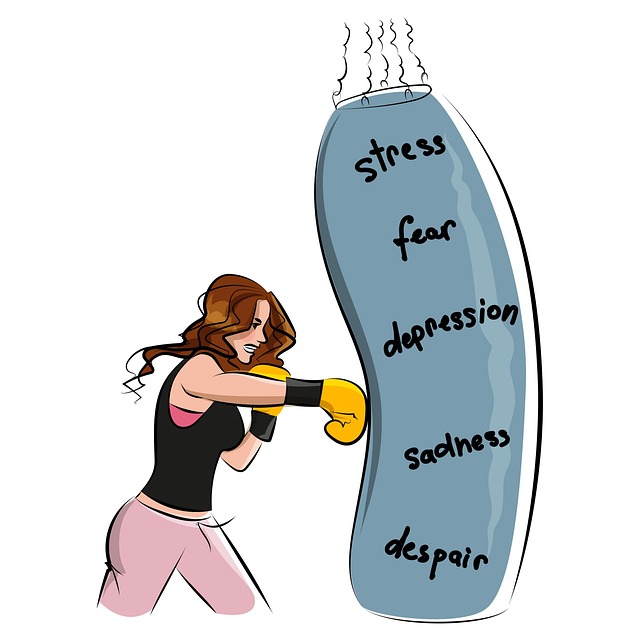Aurora Adjustment Disorder (AAD), a chronic mental health condition marked by difficulty adjusting to life changes, is effectively managed through mindfulness meditation practices in therapy. Cultural sensitivity is crucial for tailored support. A successful podcast series on mental wellness should feature personal stories and expert insights on topics like AAD, offering actionable advice and emotional support. High-quality audio achieved through proper microphone setup and interactive content keeps listeners engaged while providing valuable mental health education.
“Unwind your mind and embark on a journey towards mental wellness with our comprehensive podcast series. This guide delves into the production of therapeutic audio content, focusing on the lesser-known Aurora Adjustment Disorder. We explore effective podcast formats and structures to facilitate meaningful therapy sessions.
From engaging content strategies to production tips for impeccable audio, this article equips creators to cater to listeners seeking Aurora Adjustment Disorder insights and support.”
- Understanding Aurora Adjustment Disorder: Unveiling the Basics
- Podcast Format and Structure for Effective Therapy Sessions
- Creating Engaging Content: Topics and Strategies
- Production Tips for High-Quality Audio and Listeners' Engagement
Understanding Aurora Adjustment Disorder: Unveiling the Basics

Aurora Adjustment Disorder (AAD) is a relatively lesser-known mental health challenge that deserves more attention. It’s characterized by an individual’s struggle to adjust to significant life changes or stressful events, leading to long-term emotional and behavioral issues. This disorder often manifests as persistent feelings of sadness, anxiety, or irritability, making it distinct from acute stress responses. AAD therapy focuses on helping individuals process these emotions and develop coping strategies for better mental wellness.
One effective approach within the realm of Aurora Adjustment Disorder therapy is mindfulness meditation. It teaches individuals to be present in the moment, observe their thoughts and feelings without judgment, and cultivate a sense of calm. Additionally, cultural sensitivity in mental healthcare practice plays a pivotal role. Recognizing that experiences and expressions of distress can vary across cultures helps therapists provide tailored support. By integrating these strategies, mental health professionals can offer comprehensive care for those navigating the complexities of Aurora Adjustment Disorder, contributing to effective depression prevention and improved overall mental wellness.
Podcast Format and Structure for Effective Therapy Sessions

A well-structured podcast series on mental wellness should adopt a format that facilitates engaging and therapeutic conversations. Each episode could focus on a specific theme or aspect of mental health, inviting experts and individuals with personal experiences to share their insights. For instance, episodes dedicated to understanding and managing conditions like Aurora Adjustment Disorder can provide invaluable support to listeners. Through interviews, panel discussions, or solo monologues, the podcast can explore various techniques for coping, recovery, and resilience, offering practical advice and emotional reassurance.
The structure should be designed to create a sense of progress and continuity. This might include opening segments that set the theme, followed by personal stories or expert insights, and concluding with actionable tips or reflection points. Incorporating interactive elements like audience questions or community discussions can further enhance engagement. Moreover, integrating segments on Self-Care Routine Development for Better Mental Health within the episodes can provide listeners with tools to manage their well-being. Cultural Sensitivity in Mental Healthcare Practice is another crucial aspect that should be touched upon, ensuring diverse perspectives are represented and validated throughout the series.
Creating Engaging Content: Topics and Strategies

Creating engaging content for a mental wellness podcast involves exploring diverse topics that resonate with listeners seeking support and growth. Each episode should offer practical insights and strategies, such as coping skills development, to help individuals navigate their emotional healing processes. Incorporating personal stories and interviews with experts like therapists specializing in Aurora Adjustment Disorder can provide valuable perspectives. By delving into common challenges and effective therapy approaches, the podcast becomes a reliable resource for mental health education programs design.
Leveraging interactive formats enhances engagement. This could include Q&A sessions, case studies, or listener spotlights, encouraging community building. Incorporating music, ambient sounds, or gentle background tracks can further improve the listening experience. Consistently delivering high-quality content that balances information and inspiration will foster a dedicated audience, making your podcast series a go-to resource for those prioritizing their mental wellness.
Production Tips for High-Quality Audio and Listeners' Engagement

To achieve high-quality audio for your mental wellness podcast series, pay close attention to your microphone and recording environment. Invest in a good quality microphone that suits your needs; it could be a USB microphone or a standalone model. Positioning is key—place your mic at an angle to capture your voice clearly, minimizing background noise. Consider using sound-absorbing materials in your recording space to enhance acoustics, especially if you’re recording in a less than ideal environment. Regularly calibrate and adjust your microphone using tools like the built-in audio adjustment features on your device or dedicated software for precise control, ensuring your audio is balanced and clear.
Engaging listeners requires not just excellent audio quality but also content that resonates with them. Incorporate interactive elements in your podcast episodes to foster a sense of community and encourage listeners to participate actively. For instance, you can include open-ended questions related to the topic, such as “What stress management techniques have worked for you?” or invite listener feedback on specific mental wellness practices discussed. Addressing real-life challenges like Aurora Adjustment Disorder Therapy or sharing confidence-boosting strategies and conflict resolution techniques can provide immense value to your audience, keeping them coming back for more.
In conclusion, producing a mental wellness podcast series focusing on Aurora Adjustment Disorder therapy requires a thoughtful blend of educational content, engaging format, and high-quality production. By understanding your audience, structuring sessions effectively, and employing strategic topics, you can create a powerful resource that not only informs but also empowers listeners dealing with this unique challenge. Remember, the right approach can make a significant difference in someone’s journey towards mental well-being.














